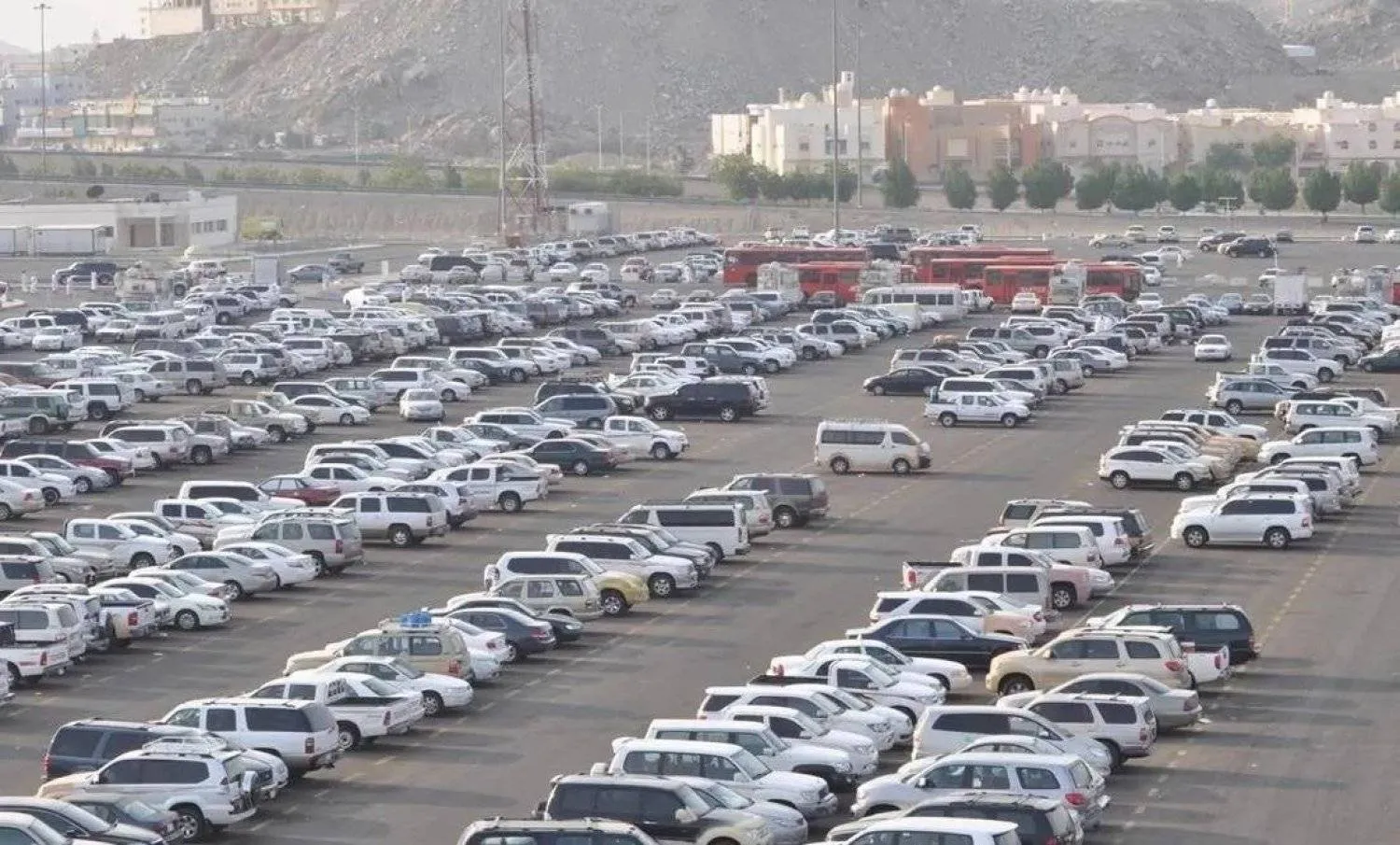In 2023, the vehicle insurance sector in Saudi Arabia generated approximately SAR 12 billion ($3.19 billion), accounting for 21 percent of the total insurance market revenue. This marks a significant 38 percent increase compared to 2022, according to an official at Standard & Poor’s International Credit Rating Agency.
In an interview with Asharq Al-Awsat, Mario Shukr, a credit analyst at Standard & Poor’s, attributed this growth to several factors. Key among them were price adjustments for previously unprofitable business lines and a government-led campaign to reduce the number of uninsured vehicles in the Kingdom, which resulted in a surge in insurance premium income.
Additionally, Shukr pointed to an increased demand for vehicle insurance, including from leasing companies.
Shukr added that overall insurance market revenues are likely to grow by about 15 to 20 percent in 2024, with the vehicle insurance sector potentially exceeding this growth due to ongoing efforts to reduce the number of uninsured vehicles.
He noted that after two years of significant operating losses in 2021 and 2022, the vehicle insurance sector rebounded strongly in 2023 and is likely to continue performing well in 2024, thanks to appropriate pricing and robust growth.
However, he cautioned that one of the main challenges ahead is the possibility of increased competition in Saudi Arabia, which could drive vehicle insurance prices down again, potentially impacting operational performance in 2025.
Moreover, with rising costs at the regional and international levels, managing expenses could pose a challenge for insurers, he remarked.
In August 2023, the Saudi cabinet approved the establishment of the Insurance Authority, which aims to regulate the sector in the Kingdom in a way that supports and enhances its effectiveness and growth. The Authority also works to protect the rights of the insured and beneficiaries, contribute to financial stability, and establish the principles of the insurance contractual relationship.









